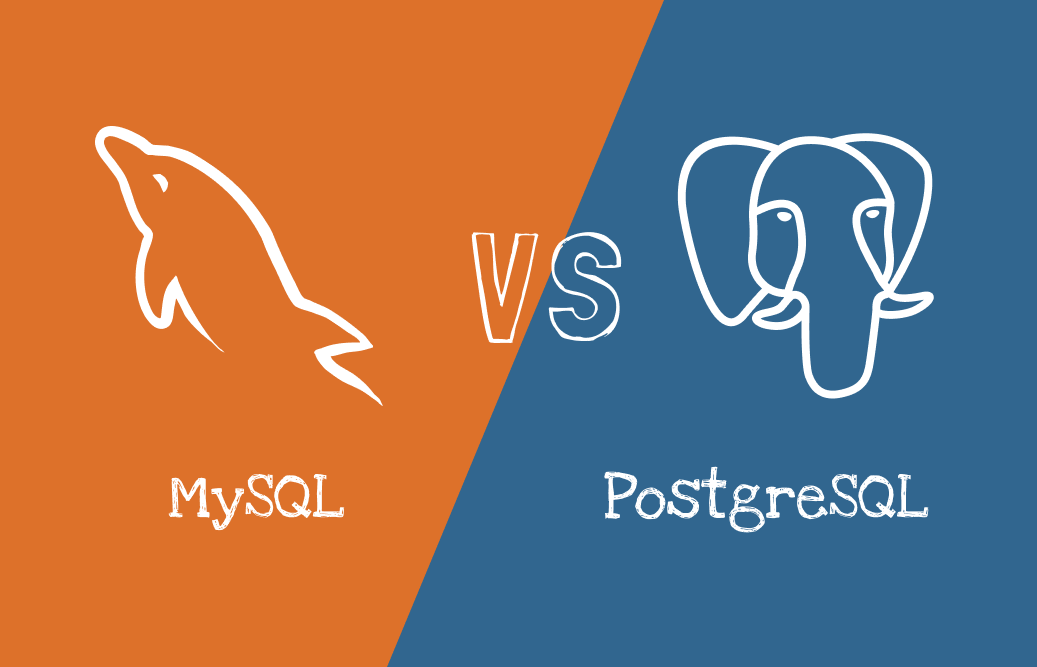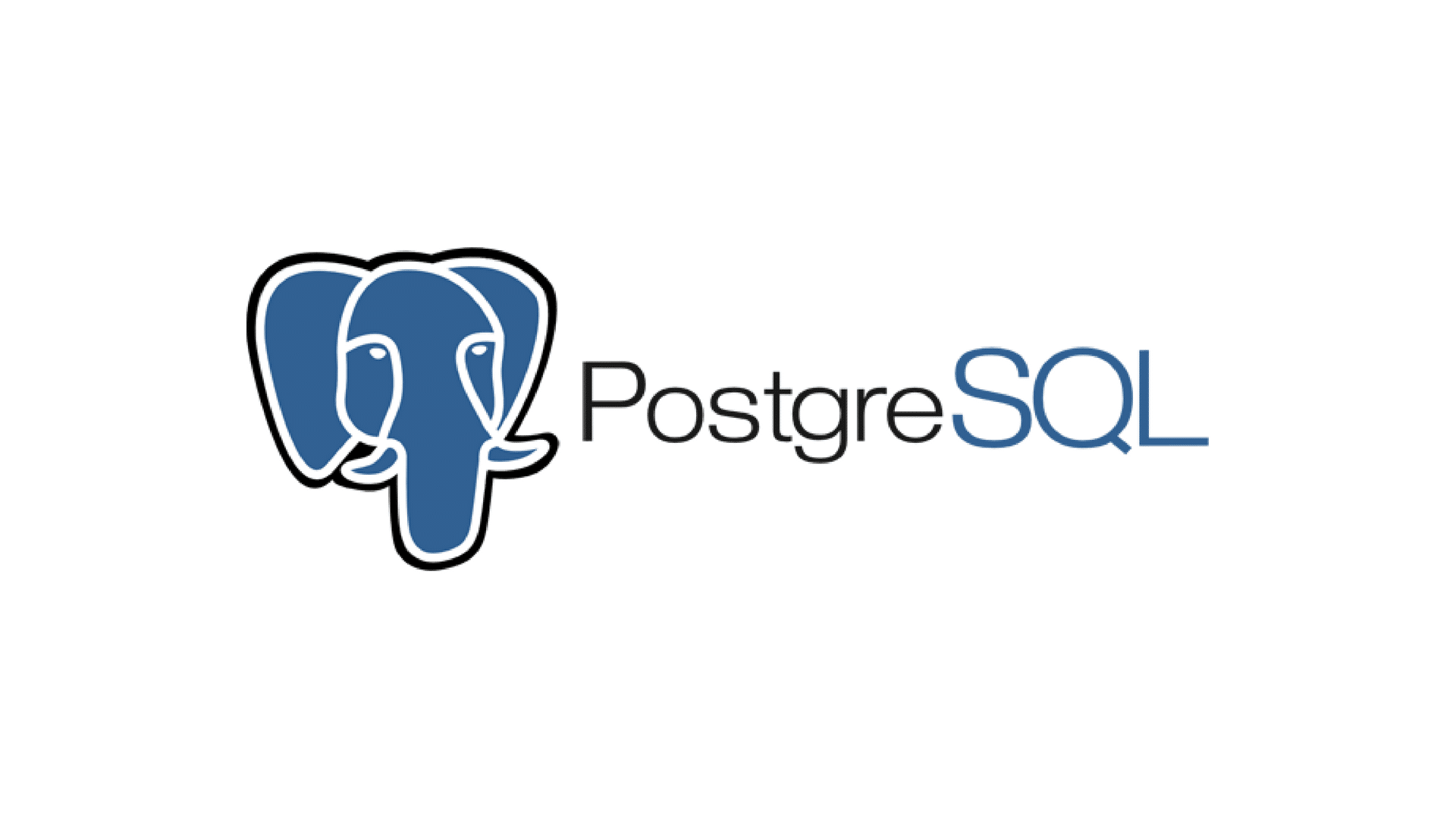Choosing Between MySQL and PostgreSQL for Modern Applications

In the rapidly growing ecosystem of modern application development, selecting the right database plays a pivotal role in the performance, scalability, and long-term maintainability of software systems. MySQL and PostgreSQL have consistently remained two of the most trusted and widely used relational database management systems (RDBMS) in the world. Each brings distinct strengths to the table, making them suitable for different types of applications and business needs.
Introduction to MySQL and PostgreSQL
MySQL is an open-source relational database management system developed by Oracle, known for its simplicity, reliability, and speed. It has long been the default choice for web applications, particularly those built using PHP-based stacks like LAMP. PostgreSQL, on the other hand, is an advanced, enterprise-class open-source RDBMS known for its robustness, extensibility, and standards compliance. Often considered a more feature-rich alternative, PostgreSQL offers capabilities such as advanced data types, full-text search, and sophisticated concurrency controls.Key Differences and Strengths
1. **Data Integrity and Compliance**
PostgreSQL is highly regarded for its strict adherence to ACID (Atomicity, Consistency, Isolation, Durability) principles, making it ideal for applications requiring complex transactions, financial systems, or data warehousing. MySQL provides ACID compliance when using certain storage engines like InnoDB but is traditionally optimized for speed over strict compliance.
2. **Performance and Speed**
MySQL typically delivers faster performance in read-heavy workloads and simple query operations. It shines in high-traffic web applications, where straightforward data structures and optimized indexes are sufficient.
PostgreSQL, while slightly slower in lightweight operations, excels in handling complex queries, large datasets, and write-heavy applications due to its superior optimization features and indexing strategies.
3. **Extensibility and Features**
PostgreSQL supports advanced features such as:
MySQL offers essential database functionalities but lacks some of the advanced features available in PostgreSQL. However, its simplicity makes it easier to configure, deploy, and maintain for typical CRUD-based applications.
4. **Community and Ecosystem Support**
Both databases enjoy active, global communities contributing to continuous improvements, documentation, and third-party tools. PostgreSQL is often favored by the open-source and academic communities, while MySQL boasts strong enterprise support due to Oracle's backing.
Ideal Use Cases
When to Choose MySQL:Conclusion
The decision between MySQL and PostgreSQL should be driven by your application’s specific requirements, expected workload patterns, and long-term scalability considerations. MySQL remains a top choice for applications demanding speed and simplicity, while PostgreSQL’s advanced feature set makes it an excellent candidate for data-intensive, transaction-heavy, and enterprise-grade systems.
Understanding these strengths empowers development teams to architect resilient, high-performance backend systems tailored to their product’s unique needs.
